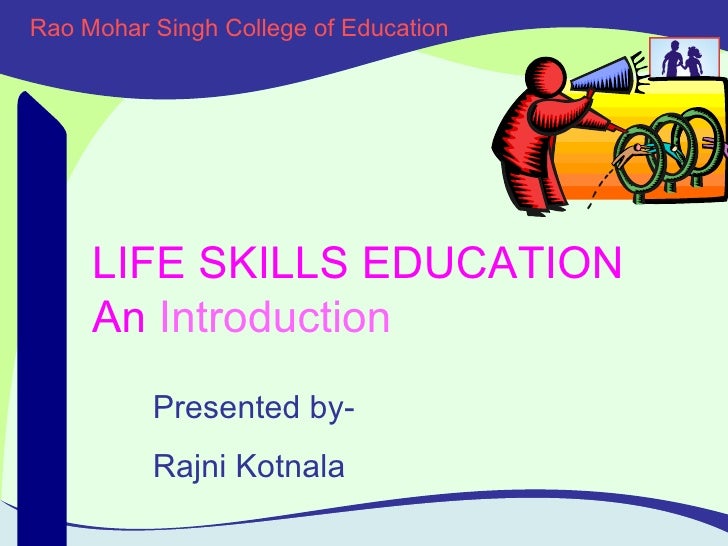Life Skills Training Manual For Youth Ppt
Magix Samplitude 8 Se Crack more. Brief Description of the Program LifeSkills Training (LST) is a classroom-based universal prevention program designed to prevent adolescent tobacco, alcohol, marijuana use, and violence. LST contains 30 sessions to be taught over three years (15, 10, and 5 sessions), and additional violence prevention lessons also are available each year (3, 2, and 2 sessions). Three major program components teach students: (1) personal self-management skills, (2) social skills, and (3) information and resistance skills specifically related to drug use. Skills are taught using instruction, demonstration, feedback, reinforcement, and practice. Description of Program LifeSkills Training (LST) is a three-year universal prevention program for middle/junior high school students targeting the use of gateway substances (tobacco, alcohol, and marijuana) and violence. The program provides students with training in personal self-management, social skills, and social resistance skills. LST consists of 15 core sessions in the first year, ten booster sessions in the second year, and five booster sessions in the third year.
Each year also contains optional violence prevention sessions (three in year one, and two for both years two and three). Sessions are taught sequentially and delivered primarily by classroom teachers. Each unit in the curriculum has a specific major goal, measurable student objectives, lesson content, and classroom activities. Taylor Weather Forcast Manual 1463. Yenka Crack File. The LST program includes two generic skills training components that foster overall competence and a domain-specific component to increase resistance to social pressures to smoke, drink, or use illicit drugs. The Personal Self-Management Skills component teaches students to examine their self-image and its effects on behavior; set goals and keep track of personal progress; identify everyday decisions and how they may be influenced by others; analyze problem situations, and consider the consequences of each alternative solution before making decisions; reduce stress and anxiety, and look at personal challenges in a positive light. The Social Skills component teaches students the necessary skills to overcome shyness, communicate effectively and avoid misunderstandings, initiate and carry out conversations, handle social requests, utilize both verbal and nonverbal assertiveness skills to make or refuse requests, and recognize that they have choices other than aggression or passivity when faced with tough situations. The Resistance Skills component teaches students to recognize and challenge common misconceptions about tobacco, alcohol, other drug use, and violence.

